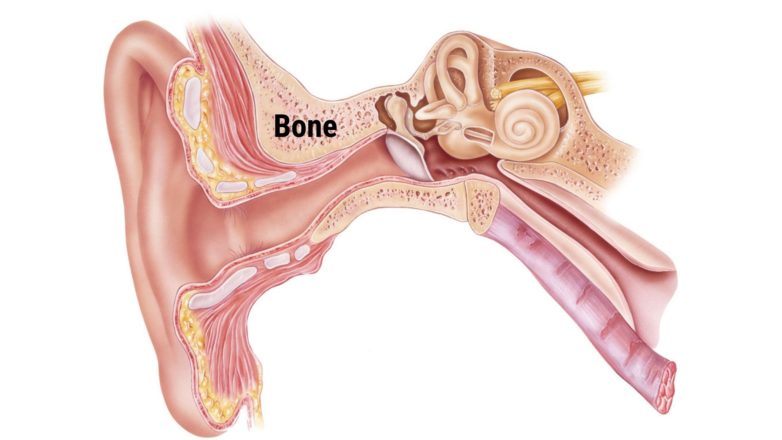
I originally wrote this article for river paddlers. It seems that even though many paddlers suffer from this condition there is no global awareness about it. I don’t know if surfers are more aware of this, so I’m posting this copy::
DON’T TURN A DEAF EAR TO THIS
Most sports have common injuries associated with them and kayaking is no different. Though shoulder dislocations and tendonitis of the wrist have become less common due to improved paddles and paddling technique, there is a new kid on the block – OSTEOMIS. This is a condition of the ears that can result in severe loss of hearing.
This is how it works – the human body does not like cold water next to the eardrums and, if this occurs over a period of years, will adapt by reducing the size of the ear canal with bony growths. If this condition is not caught the ear canal can completely and permanently close causing ear infections and/or major hearing loss. This condition is commonly called “Surfer’ s Ear”, it is not in the plural because surfers routinely turn their heads in the same direction when getting hit by a wave and one ear gets the beating.
Following the widespread use of dry suits, the increase in winter boating, the increase of playboating, hole riding and squirt boating, ears are being exposed to cold water in a big way. I remember when boating in the winter meant taking it easy on a class 2 run, avoiding anything that would invoke the noun “splash”, but now paddlers play hard 12 months a year. Whether they choose to accept it or not, many local paddlers have this condition in varying degrees.
Fortunately, this condition is easily avoided by keeping cold water out of the ears, this is best accomplished by wearing a surf hood when an occasional head dip is expected, and earplugs for wetter events such as hole riding and squirting. It is not necessary to keep the ear canal totally dry, but your protection should greatly reduce the volume of water entering the ear. Earplugs come in many types, my favourite is a moldable silicone soft plug available at most drug stores. Earplugs are a hassle at first, they’re easy to lose, and interfere with hearing but you’ll get used to them. (if you play in Bob’s without earplugs after reading this letter you’re nuts !!).
The question for most paddlers is, do I have this condition? If you get earaches, ear infections or have difficulty getting water out of your ears the answer is maybe and you should arrange for a visit with an ear doctor for a professional opinion. If the diagnosis is yes then you have several options – if you have caught the condition early and can live with your current ear problems then wearing ear protection, while not reversing the condition, should halt any worsening. If the condition is advanced then surgery is usually necessary, many local paddlers have had this done and this now gives me an opportunity to talk about my operation !!
I’ve exposed my ears to cold water all my life, first as a child growing up on the Welsh coast and for 30 years as a surfer and kayaker. The first signs may have occurred when I was 23, but it was not diagnosed until 1987 when I was 37. I had severe hearing problems in one ear and fair hearing in the other. I elected to have surgery, on each ear, 12 months apart. The surgery involves mechanically removing the bony growths, this is a 3-hour procedure done under general anaesthetic and costs about $3,000 per ear. For me, the operation and recovery were relatively painless and I had to stay out of the water for 6 weeks. My ear canals are now slightly larger than normal (“We have the technology, we can make him better than before”), my hearing is fine, and I always protect my ears.
One of my buddies from the coast has had this procedure done to both ears twice, 7 years apart !!. He always wore earplugs after the first go-around but thinks that the cold wet winds he worked in may have rekindled the condition. These things may grow faster the second time (remember, this is the same smart body that grows lumps on your feet to make that squirt boat extra tight !!).
I hope I haven’t scared anyone, well just a little maybe, just keep boating the way you always do, but please, PLEASE, keep that water out of your ears and in the river where it belongs.
Mick Evans
P.S. I do not know how cold the water has to be to cause this condition, but in Oregon, even in the summer, most rivers and certainly the ocean can be considered as cold.
